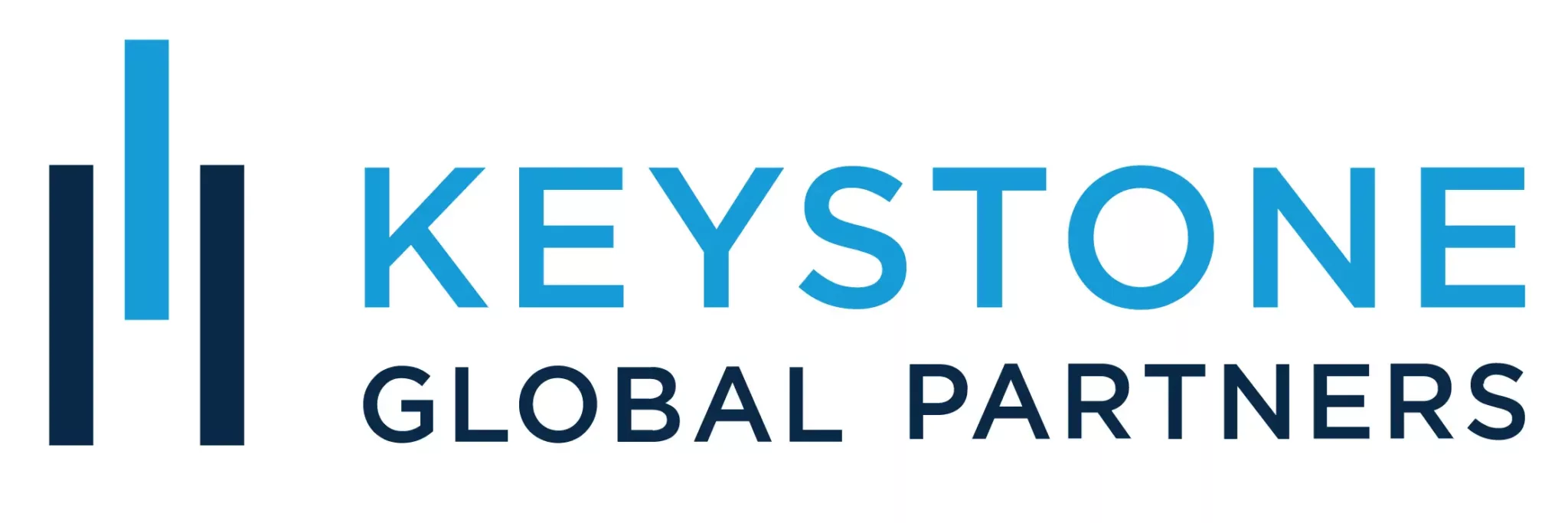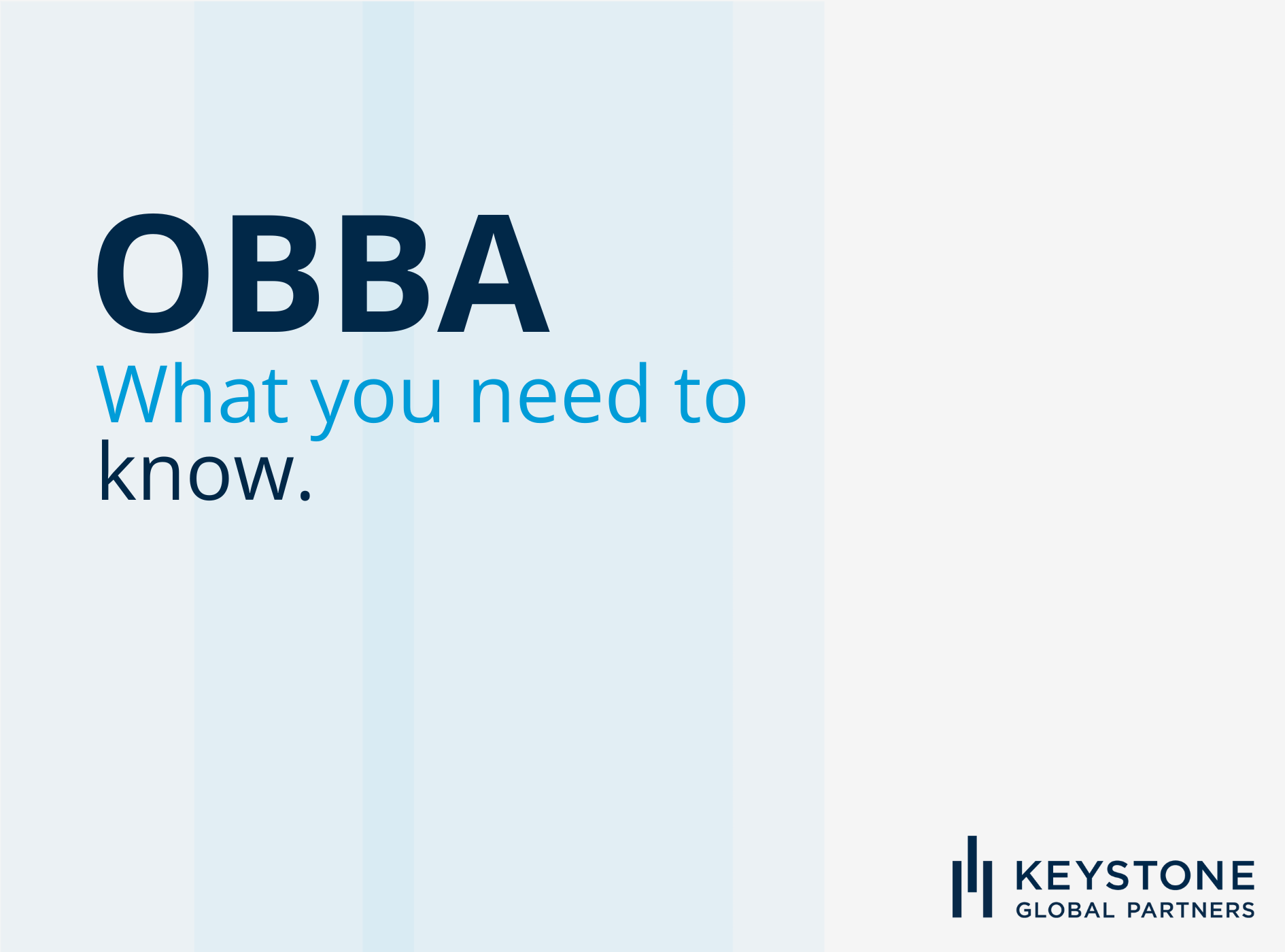Executive Summary
This guide breaks down the One Big Beautiful Bill Act (OBBBA), signed in 2025, with key updates for UHNW families and founders: $15M estate exemption, enhanced QSBS, $40k SALT cap, and more.
Estate & Gift Taxes
- Starting 2026, the estate, gift, and GST exemptions rise to $15M per person ($30M per couple), indexed to inflation.
- This expansion means families can shield more wealth from transfer taxes.
- Advanced wealth transfer strategies like GRATs, CLATs, IDGTs, and dynasty trusts should be reviewed to fully capture these opportunities.
Income Tax Rates & Standard Deduction
- The 37% top marginal rate is made permanent.
- The standard deduction is set at $15,750 (single)/$31,500 (married), indexed.
- Personal exemptions remain eliminated.
SALT Deduction Cap
- From 2025 – 2029, the SALT deduction cap increases to $40,000 ($20,000 MFS), with a 1% annual increase.
- The benefit is phased down above $500k MAGI ($250k MFS) by reducing the cap 30% of the excess income.
- In 2030, the cap reverts to $10,000.
- Pass-Through Entity Tax (PTET) workarounds remain preserved.
Alternative Minimum Tax (AMT)
- Beginning 2026, AMT thresholds reset to 2018 levels ($500k single/$1M joint, indexed).
- The phase-out rate doubles to 50%, meaning high earners will reach AMT faster.
Charitable Giving
- 2026+: Non-itemizers can deduct up to $1k ($2k joint).
- Itemizers face a new 0.5% AGI floor before deductions apply.
- Starting January 1, 2026, taxpayers in the highest income tax brackets will have their charitable deduction benefits artificially capped at a 35% tax rate, even if they are in the 37% marginal rate
- The 60% AGI limit for cash gifts to public charities is permanent.
- Starting 2027, contributions to scholarship-granting organizations qualify for a $1,700 credit.
- To maximize the tax benefits of a large charitable donation, it is advisable to complete the gift before December 31, 2025. Since starting in 2026, new rules will impose a 0.5% adjusted gross income floor and cap the deduction at the 35% marginal tax bracket for high earners.
Qualified Small Business Stock (QSBS)
- For stock issued after July 4, 2025:
- Held 3 years → 50% exclusion
- Held 4 years → 75% exclusion
- Held 5+ years → 100% exclusion
- The per-issuer cap rises to $15M.
- The corporate gross asset test rises to $75M.
Other Notable Provisions
- Opportunity Zones are made permanent. Investors can defer original gains up to 5 years, receive a 10% basis step-up after 5 years, and exclude post-investment gains after 10 years. Rural Opportunity Funds receive an enhanced 30% step-up after 5 years. (Legacy 7-year 5% step-ups are eliminated.)
- Trump Accounts: New tax-deferred savings accounts for minors under 18. $5k annual contribution limit, $2.5k employer match, and $1k government seed for 2025 – 2028 births. Must invest in low-cost index funds (≤0.10% fees).
- 529 & ABLE Accounts: Expanded uses, permanent 529-to-ABLE rollovers, and eligibility for Saver’s Credit (from 2027).
- Energy Credits: EV credits end Sept 30, 2025; home energy credits end Dec 31, 2025; charger credits end June 30, 2026; solar/wind must start by July 4, 2026 and be in service by Dec 31, 2027.
- Depreciation & Expensing: 100% bonus depreciation permanent; §179 expensing raised to $2.5M, phase-out starts at $4M; R&D expensing restored for domestic research; business interest deduction set at 30% of EBITDA.
- Excess Business Losses: §461(l) limit made permanent, $250k single/$500k joint (indexed), carry forward as NOLs.
Quick Facts on OBBBA
- Law: Public Law 119-21, signed July 4, 2025
- Estate/Gift/GST: $15M per person, effective 2026
- Top Rate: 37% permanent
- Standard Deduction: $15,750 single/$31,500 joint (indexed)
- SALT Cap: $40k (2025 – 2029), reverts to $10k in 2030
- AMT: 2018 thresholds, 50% phase-out from 2026
- Charity: 0.5% AGI floor and 35% tax rate cap in 2026; $1,700 credit in 2027
- QSBS: 50% (3 yrs), 75% (4 yrs), 100% (5+ yrs); $15M cap; $75M asset test
- Trump Accounts: $5k annual, index-only, ≤0.10% fees
- Energy Credits: EV ends Sept 30, 2025; others sunset by 2027
- Business Expensing: 100% bonus permanent; §179 at $2.5M
- Excess Business Losses: §461(l) permanent
Want deeper analysis? Read our complete OBBBA Guide here.
FAQs
What is the estate tax exemption under OBBBA?
Starting 2026, it’s $15M per person ($30M per couple), indexed to inflation.
How did the SALT deduction change?
Cap rises to $40k (2025–2029), phases down above $500k MAGI, and returns to $10k in 2030.
Did OBBBA change QSBS?
Yes, new tiered exclusions (50%, 75%, 100%) for stock issued after July 4, 2025, with a $15M cap.
What’s a Trump Account?
A new tax-deferred account for minors with $5k annual contributions, low-cost index fund investments, and a $1k government seed for certain births.
How does this impact UHNW founders?
Founders should review trust structures, maximize the SALT window, pre-fund charitable gifts before the 0.5% AGI floor, and leverage QSBS enhancements for post-2025 stock.
Last updated: September 2025


